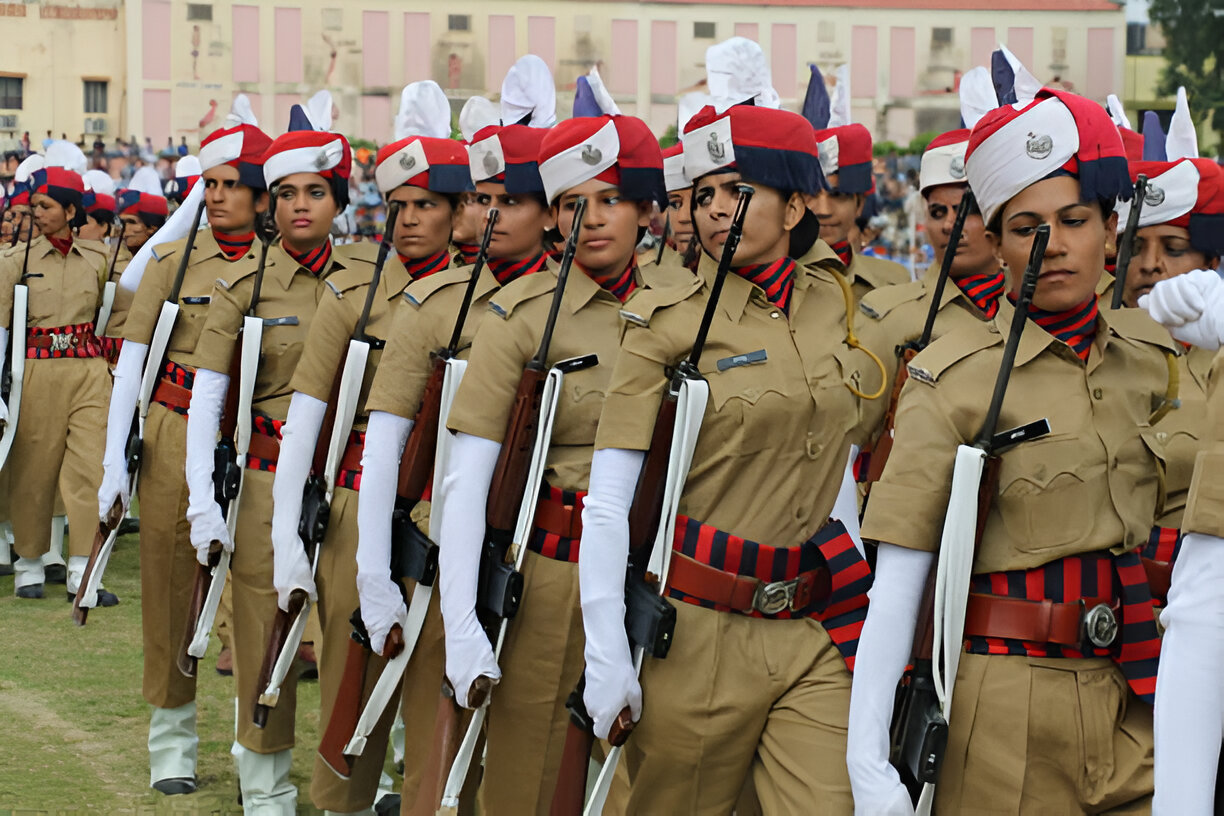Introduction – The Dream of Becoming an IPS Officer
In India, few career paths carry as much prestige, power, and responsibility as the Indian Police Service (IPS). Every year, thousands of aspirants dream of wearing the khaki uniform, commanding respect, and serving the nation by maintaining law and order. An IPS officer is not just a government servant—they are leaders, decision-makers, and protectors of society.
But this dream doesn’t come easy. The path to becoming an IPS officer runs through one of the toughest examinations in the world—the UPSC Civil Services Examination (CSE). Out of lakhs of applicants, only a few hundred make it each year, and only a fraction of them secure IPS. This journey requires patience, strategy, hard work, and self-belief.
If you are preparing for IPS, you must know not only the syllabus but also the right mindset, resources, and approach. This guide provides a complete roadmap—covering eligibility, exam stages, study materials, preparation strategy, and success tips—to help you reach your goal.
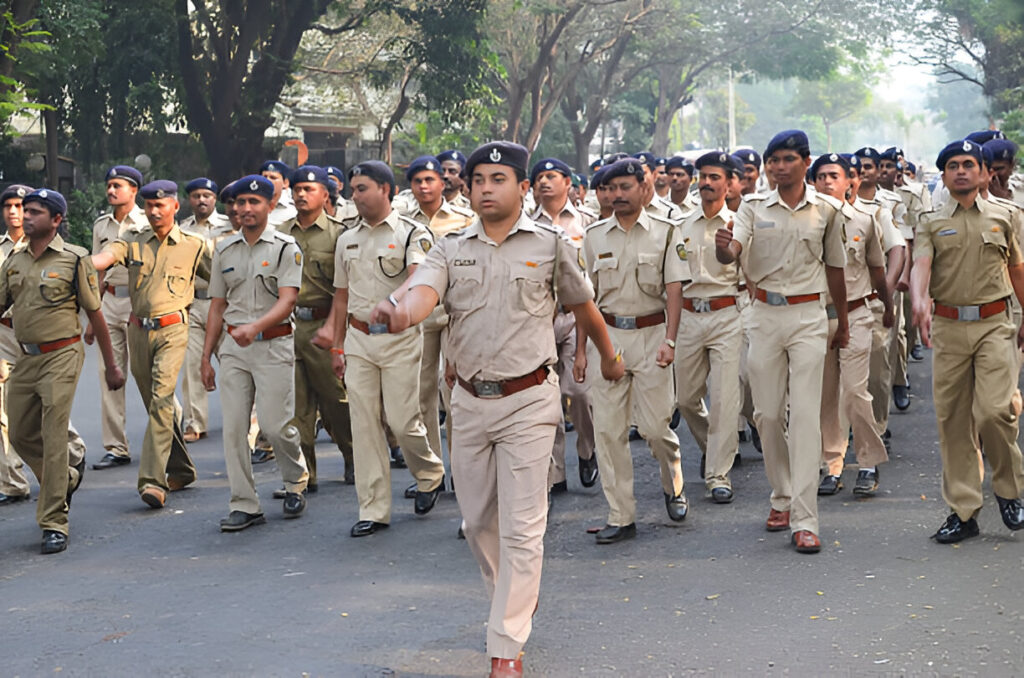
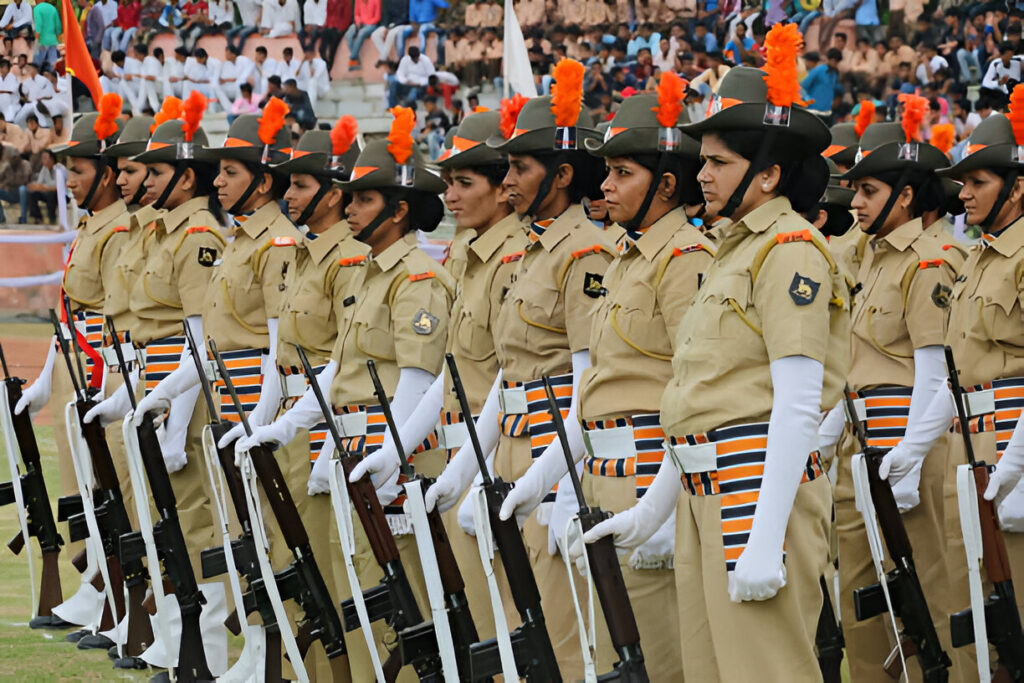
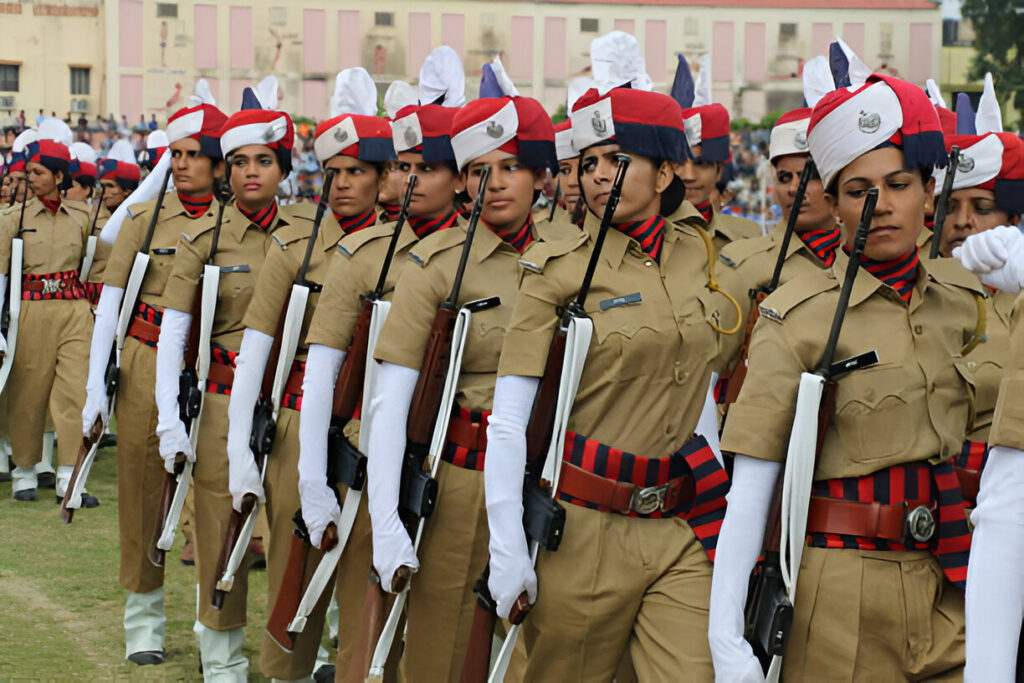
Understanding IPS and Its Importance
The Indian Police Service was formally established in 1948, succeeding the colonial-era Indian Imperial Police. Today, IPS officers hold top positions in law enforcement agencies across the country, including:
- Superintendents and Commissioners of Police
- Leaders of central forces like CBI, NIA, IB, and CRPF
- Policymakers in internal security and public safety
The role of an IPS officer includes:
- Maintaining law and order
- Preventing and investigating crimes
- Leading anti-terrorism, anti-smuggling, and cybercrime units
- Managing VIP security, riots, and disaster response
- Implementing government policies at the ground level
In short, IPS officers are guardians of democracy. Preparing for such a role requires intellectual ability, physical fitness, and emotional resilience.
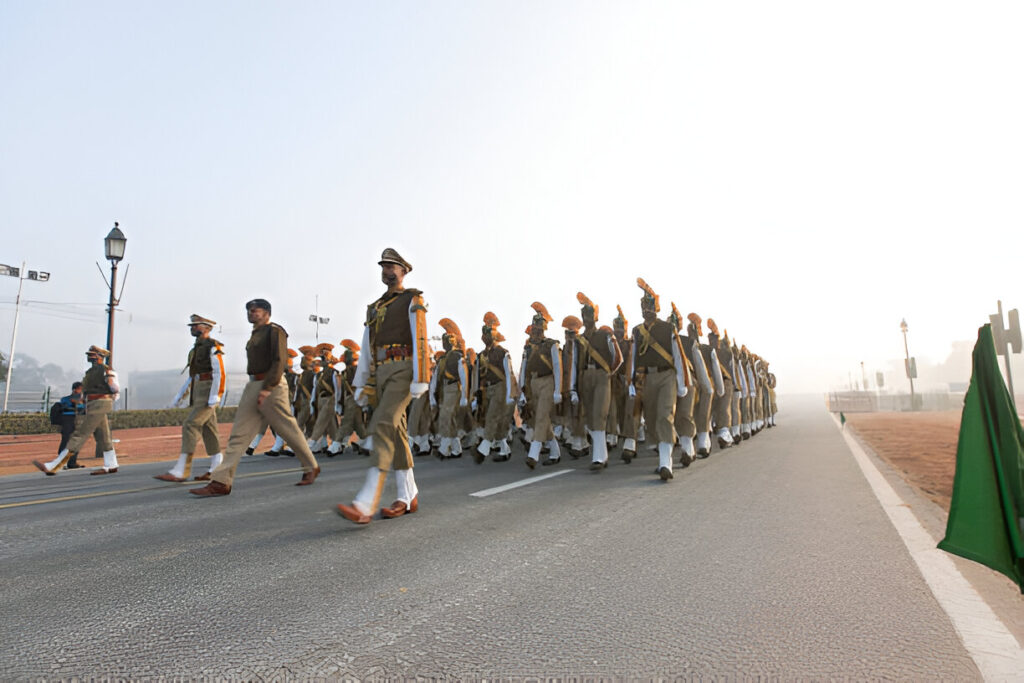
Eligibility for IPS – Who Can Apply?
Before you begin preparation, ensure you meet the eligibility criteria set by UPSC:
- Nationality: Must be an Indian citizen.
- Age Limit: 21 to 32 years (with relaxations: OBC – 35 years, SC/ST – 37 years).
- Educational Qualification: A bachelor’s degree in any discipline from a recognized university.
- Number of Attempts: 6 for General, 9 for OBC, unlimited till age limit for SC/ST.
- Physical Standards: Height (Male – 165 cm, Female – 150 cm; relaxations for certain categories), good eyesight, and overall fitness.
Remember, UPSC selects candidates for IAS, IPS, IFS, IRS, and other services based on rank and preference. So, your goal must be not only to clear UPSC but also to secure a high rank.
The IPS Selection Process – UPSC Civil Services Examination
The IPS selection is part of the UPSC CSE, which has three stages:
1. Preliminary Examination (Objective Test)
- Two papers: General Studies (GS) and CSAT (Civil Services Aptitude Test).
- GS Paper I: Current Affairs, History, Geography, Polity, Economy, Environment, Science.
- CSAT: Comprehension, Logical Reasoning, Basic Mathematics.
- Total Marks: 400 (only GS counts for cut-off; CSAT is qualifying).
2. Mains Examination (Descriptive Test)
- Nine papers in total (essay-style answers).
- Subjects include Essay, General Studies (4 papers), Optional Subject (2 papers), and qualifying language papers.
- Optional subjects include History, Geography, Public Administration, Sociology, Political Science, etc.
- Marks from Mains are crucial in final selection.
3. Personality Test (Interview)
- Conducted by UPSC Board.
- Tests knowledge, confidence, analytical ability, and personality.
- Marks awarded: 275.
4. Physical Fitness Test
- Height, weight, vision, and medical standards checked.
- Physical training is important for IPS, unlike IAS or IRS.

Step-by-Step Preparation Strategy for IPS
Step 1: Understand the Syllabus Thoroughly
The UPSC syllabus is vast but defined. Download it from the UPSC website and break it into topics. Remember: syllabus is your boundary, newspapers are your guide, and NCERTs are your base.
Step 2: Build a Strong Foundation with NCERTs
Start with NCERT books (6th–12th) for History, Geography, Polity, Economics, and Science. They provide conceptual clarity, which is essential for advanced study.
Step 3: Focus on Current Affairs Daily
Read The Hindu or Indian Express regularly. Make notes of important government schemes, international relations, environment news, and social issues. Supplement with PIB, Yojana, and Kurukshetra magazines.
Step 4: Choose the Right Optional Subject
Optional papers carry 500 marks in Mains, often deciding rank. Choose a subject you enjoy and can master. Popular choices for IPS aspirants: Sociology, Political Science, Public Administration, and Geography.
Step 5: Practice Answer Writing
For Mains, it’s not enough to know facts—you must present them effectively. Practice answer writing daily, focusing on structure (Intro–Body–Conclusion), clarity, and examples.
Step 6: Mock Tests for Prelims
Solve previous years’ question papers and take mock tests regularly. This builds speed, accuracy, and confidence.
Step 7: Interview Preparation
Interviews test personality, not just knowledge. Practice mock interviews, improve communication, and stay updated on current issues. Integrity and honesty matter most.

Subject-Wise Preparation Tips
- History: Use NCERTs + Spectrum’s Modern History. Focus on freedom struggle and cultural heritage.
- Geography: NCERTs + G.C. Leong + Atlas practice.
- Polity: Laxmikanth’s Indian Polity is a must-read.
- Economy: NCERT + Ramesh Singh + Current Affairs.
- Environment: Shankar IAS Book + Current Affairs.
- Science & Tech: NCERT basics + focus on recent innovations.
- Essay Writing: Practice at least 1 essay per week; use real-life examples and balanced arguments.
Time Management and Daily Routine
A serious aspirant must dedicate 8–10 hours daily for at least 1–2 years. Example routine:
- 6:00 AM – 8:00 AM: Reading newspaper + note-making.
- 8:30 AM – 12:00 PM: Study core subjects (History, Polity, Economy).
- 12:00 PM – 1:00 PM: Revision.
- 2:00 PM – 5:00 PM: Optional subject preparation.
- 5:00 PM – 6:00 PM: Physical fitness training (important for IPS).
- 7:00 PM – 9:00 PM: Current affairs + answer writing practice.
- 9:30 PM – 10:30 PM: Light reading (magazines, reports).
Discipline is the secret weapon for cracking UPSC.
Physical and Mental Preparation for IPS
Unlike IAS or IFS, IPS officers must maintain physical fitness. Aspirants should:
- Exercise daily (running, yoga, strength training).
- Maintain healthy diet and weight.
- Practice meditation for stress management.
Mental toughness is equally important. UPSC preparation is a long journey, often lasting years. Staying motivated, avoiding distractions, and being resilient to failures is key.

Coaching vs Self-Study – Which is Better?
- Coaching Institutes: Helpful for guidance, structured notes, and peer learning. Delhi’s Mukherjee Nagar and Rajinder Nagar are hubs for UPSC coaching.
- Self-Study: Many toppers succeed without coaching. With discipline, online resources, and standard books, self-study can be equally effective.
The choice depends on personal learning style, but consistency matters more than coaching.
Common Mistakes to Avoid
- Ignoring NCERT basics and jumping directly to advanced books.
- Reading without making notes.
- Not revising—UPSC demands multiple revisions.
- Focusing only on Prelims and neglecting Mains.
- Ignoring physical fitness (important for IPS).
- Comparing preparation with others.
Inspirational Stories of IPS Officers
- Kiran Bedi: India’s first woman IPS officer, known for prison reforms and fearless leadership.
- Ajit Doval: IPS officer who later became India’s National Security Advisor.
- R.S. Praveen Kumar: IPS officer who transformed education for Dalit and tribal children.
These stories show that IPS is not just a job—it’s a mission to change society.
FAQs on IPS Preparation
Q1: How many years does it take to prepare for IPS?
Ans: On average, serious preparation requires 1–2 years, though some clear in their first attempt, while others take longer.
Q2: Is Hindi medium allowed in UPSC?
Ans: Yes. Candidates can write Mains and give interviews in Hindi or other Indian languages.
Q3: Can an average student crack IPS?
Ans: Absolutely. UPSC rewards consistency and clarity, not just brilliance. Many toppers were average students in school.
Q4: How important is physical fitness?
Ans: Very important. Candidates must clear medical tests for IPS, including eyesight and stamina standards.
Conclusion – Turning the Dream into Reality
Preparing for IPS is not just about clearing an exam—it is about preparing for a lifetime of service and responsibility. The journey is tough, requiring patience, discipline, and resilience, but the reward is equally great: the honor of serving as one of India’s top police officers.
If you dream of becoming an IPS officer, start today. Read, revise, practice, stay fit, and never give up. Remember, lakhs may compete, but only those with the right mindset and consistent effort succeed. With the right preparation, you too can wear the khaki uniform with pride and dedicate your life to the service of the nation.

